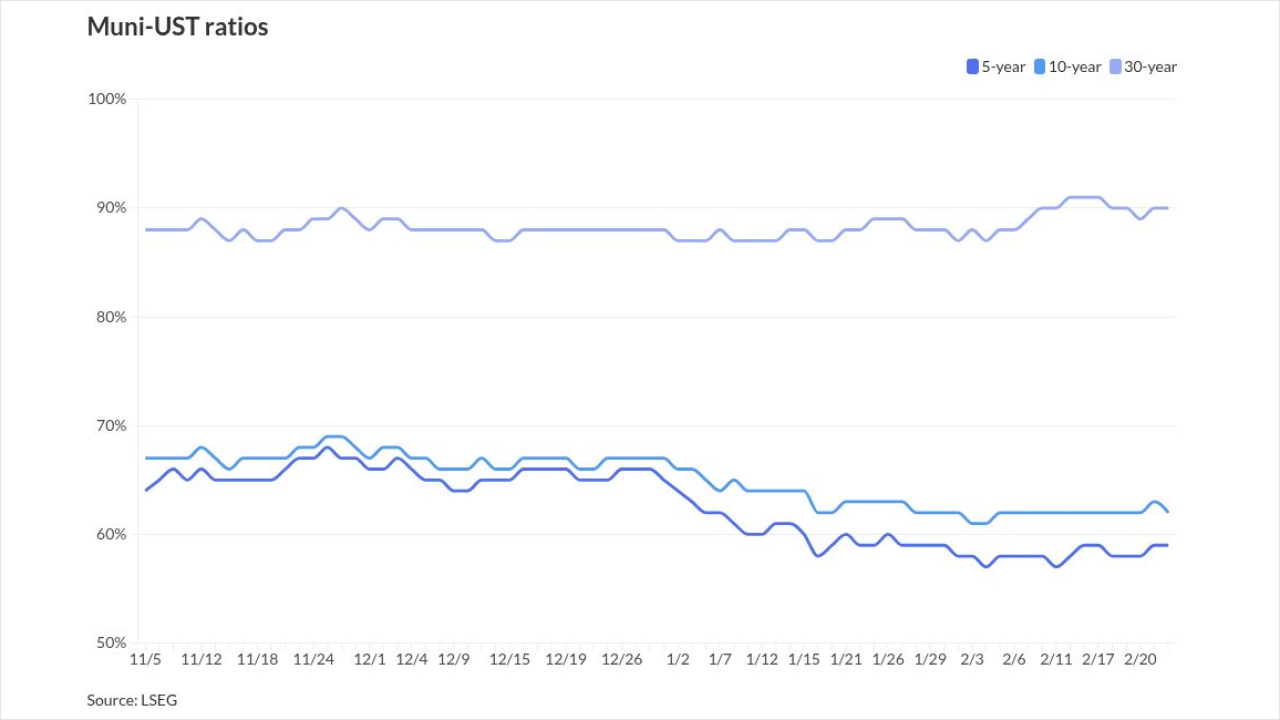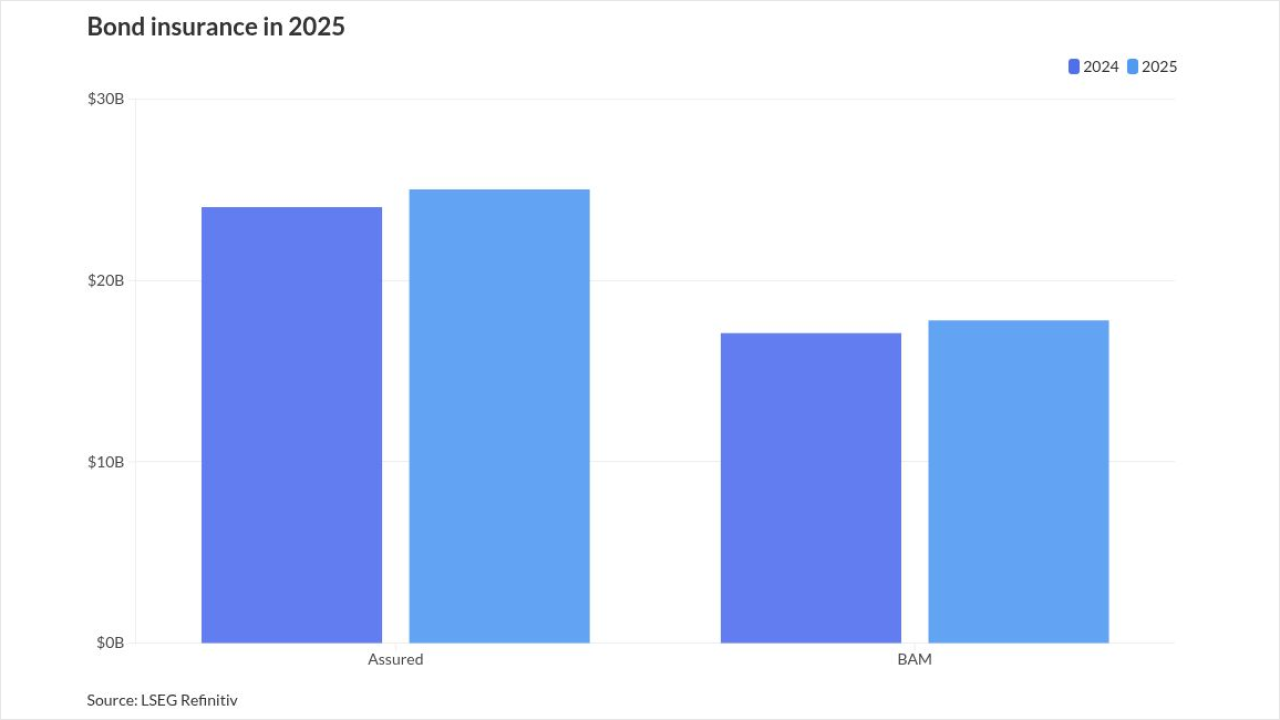
CHICAGO — Investors in a federal class action lawsuit stemming from the failure of a bond-financed Missouri sucralose plant stand to
The lawsuit accused financial firms of violating securities laws in the bond deal, which soured after the failure of the never-finished project in Moberly, Mo.
Underwriter Morgan Keegan & Co. and general counsel Armstrong Teasdale will pay a total of $8.25 million in the settlement. The settlement was previously announced, but not the financial terms.
About $5.2 million will eventually be distributed to investors after legal and other fees are paid, according to a March 11 filing with the court that seeks preliminary approval of the settlement, its plan of allocation, and the notice to bondholders who will be asked to accept or reject the settlement.
"Based on their investigation and evaluation, class counsel have determined that the settlement with the defendants .is fair, reasonable and adequate and is in the best interest of plaintiffs and the class in light of all known facts and circumstances," the filing says. The settlement eliminates the trial risks and expected appeal by the defendants if they lost.
Investors accused the firms of wrongdoing in connection with their roles in the sale of $39 million of defaulted bonds for the failed sucralose factory. The failed plant's project head, Bruce Cole, who is serving a prison term in connection with his role, was also named as a defendant.
The jury was seated for the trial before U.S. District Court Judge Nanette K. Laughrey at the federal courthouse in Jefferson City when the settlement was announced in mid-January. The terms were not disclosed at the time as final details were being laid out in a proposed order that would allow for information to be distributed to investors who participated in the class.
The agreement settles all claims of the lawsuit. Counsel for the class will receive about 33% of the settlement and some additional expenses if the pact wins final approval.
Class participants will recoup about 86.49% of their losses. The losses were calculated by taking the par value of the bonds purchased by class members and subtracting any payments received by from the trustee and, in the case of sellers, any proceeds received.
"Class counsel believes that this percentage of recovery is fair, reasonable and adequate and surpasses the percentages of recoveries which are typical in security cases," reads the filing. The allocation plan is subject to modification based on the number of secondary market trades but a material impact is not expected.
Bondholder John W. Cromeans Jr., banking entity Elkton Bank and Trust Co., and Robert Benisch were the lead plaintiffs.
They said the former Morgan Keegan, now part of Raymond James Financial, and Armstrong Teasdale misrepresented and omitted key information about the bond issue and the company, Mamtek US Inc., that was behind the project, in violation of state securities laws.
Campbell, Guin, Williams, Guy & Gidiere LLC represented the plaintiffs, who filed the lawsuit in October 2012.
Morgan Keegan was also charged with negligence, a charge not leveled at Armstrong Teasdale. The litigation accused Morgan Keegan of making false statements by email and in conversations with potential buyers and argued that if the firm and Armstrong Teasdale had conducted proper due diligence they would have discovered misrepresentations made by Mamtek US about its Chinese operations.
The firms countered that they performed their respective duties as required, that investors were sold on the bonds based on a Standard & Poor's investment grade rating that was based on the city of Moberly's appropriation pledge, and that Mamtek US's Cole and Pelligrino & Associates, which provided a property valuation, were to blame for the false information.
The Moberly Industrial Development Authority sold the bonds, backed by the city pledge, in 2010. Mamtek, which billed itself as a subsidiary of a Chinese firm that makes sucralose, defaulted in August 2011 on a payment to Moberly needed for debt service.
The city then informed trustee UMB Bank that it wouldn't honor its pledge to repay the debt.
Mamtek US then abandoned the half-built factory. Creditors forced the company into bankruptcy and the plant's assets have since been sold off to benefit creditors.
The federal class action is just one in a series of lawsuits, enforcement actions, or arbitration proceedings filed by investors or authorities in the wake of the default.
Cole, the former chief executive officer of Mamtek US, recently pleaded guilty to two criminal counts of securities fraud and one criminal count of theft under a plea deal with Missouri Attorney General Chris Koster for misusing some bond proceeds for personal gain and was sentenced to seven years in prison. The Missouri Secretary of State in 2012 filed a civil enforcement action against Morgan Keegan accusing the firm of securities fraud. It accuses the firm of defrauding clients by misrepresenting material facts about the offering.





